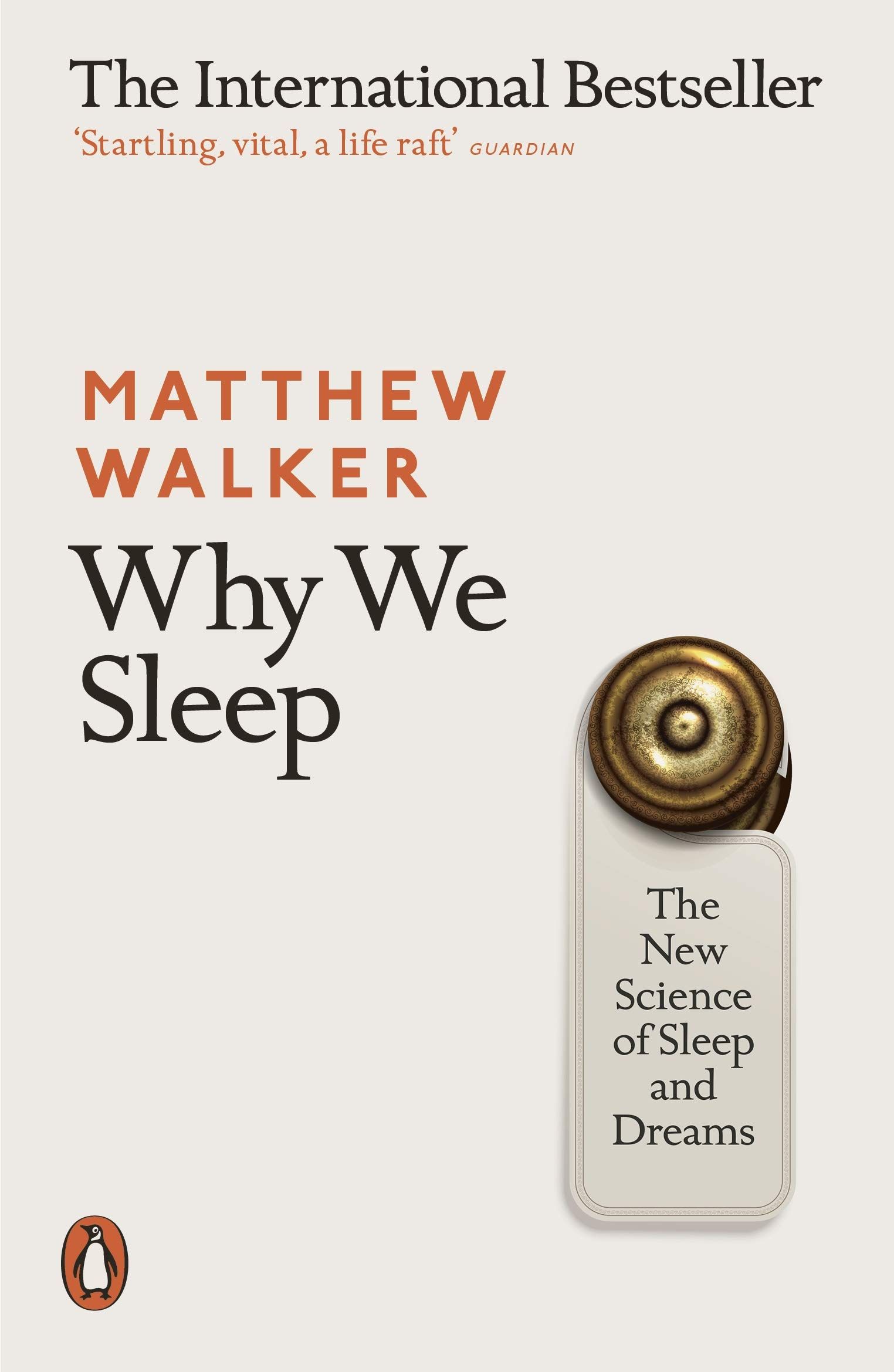14 Valuable Rules That Helped Me Confront My Fears and Improve Daily
Which rules for life cut through the noise and make a real difference? I've read some fantastic books, summarised hundreds for the Moonshots Podcast, and tested thousands of mantras, rules, and philosophies. Here are my favorites:

Which rules for life cut through the noise and make a real difference? I've read some fantastic books, summarised hundreds for the Moonshots Podcast, and tested thousands of mantras, rules, and philosophies.
In the treasure trove of classic books, invaluable life lessons are waiting to be discovered. These timeless works offer down-to-earth wisdom that speaks directly to the human experience. From "Meditations" by Marcus Aurelius, we learn the importance of staying true to ourselves, finding strength within, and embracing life's imperfections. "The Tao Te Ching" teaches us to embrace simplicity, flow with the natural course of life, and find balance in our daily struggles.
"The Art of War" provides practical insights into handling challenges and conflicts in warfare and our everyday interactions. "The Bhagavad Gita" reminds us to stay grounded in our principles, fulfill our responsibilities, and seek growth and enlightenment amidst life's complexities. These classics offer relatable guidance, urging us to lead authentic lives, nurture meaningful relationships, and strive for personal growth without losing sight of our humanity.
By taking these down-to-earth lessons to heart, we can navigate the ups and downs of life with a sense of purpose and resilience, creating a fulfilling and grounded existence for ourselves and those around us.
Here are my favorite rules to live by;
Rule 1: Make sleep a priority number one

I have been using the Oura ring for a few years, and I have a clear 10 pm to 6 am sleep cycle. Reviewing the data and how I feel, I have planned to stick closely to this cycle all seven days of the week. The reviewed the Oura readiness score - I have improved my activity and readiness, and overall I feel much more energetic and calm. Here's a book recommendation: Why we Sleep.
Rule 2: Be still, for there is much to hear
Stillness works in two ways for me. Firstly, literally, by pausing, I am more present. I examine all my senses (touch, smell, etc.) Secondly, the answer often reveals itself if I focus on observation in discussions and collaborations. Here's a book recommendation: Stillness is the Key.
Rule 3: Start every day like a new life
Life is like playing 18 holes of golf. You can't let one bad shot or hole ruin the rest of the game. Just move on and start every trial fresh. How? Accept the past of yesterday and do your best today. Here's a book recommendation: How to Stop Worrying and Start Living.
Rule 4: Do my most important things first
This is so true for my work style. Clear the decks in the morning to do the important stuff because I am fresh and clear-headed. I push all admin to the end of the day. Here's a book recommendation: The 7 Habits of Highly Effective People.
Rule 5: Listen to understand
This is another idea from Stephen Covey! I can be over-talkative sometimes, which means I miss the signals around me. What people say and body language, for example. Take your time with the answer; let people speak first and listen. Here's a book recommendation: The 7 Habits of Highly Effective People.
Rule 6: Observe without judging - it is what it is.
If you indulge in judgment, this leads to negative emotions. So I do my best to accept things and people for what they are. I focus on my circle influence and avoid judgment. I never know the full context behind the behaviors of others, and invariably it's not malice but ignorance. Here's a book recommendation: Full Catastrophe Living.
Rule 7: Go high when they go low.

Don't fall for the trap of being dragged low by others in the form of comparison and judgment. Handle negativity and hostility of others with grace and dignity. Here's a book recommendation: Becoming.
Rule 8: Do Not dwell on the past or worry about the future.
Returning to the crime scene of past injustices does you no good. Sure, you can reflect and improve but too often, we never let go of past trauma, and we carry with us and continually re-live it by reflecting on it to bed. Likewise, if you continue to worry about the future, you'll never improve your situation because you're wracked with fear, and emotions will prevent you from making objective insights and improvements. The answer: 'Ask what's the worst that can happen?'. Put the past to bed too. And get busy improving your situation. Here's a book recommendation: How to Stop Worrying and Start Living.
Rule 9: Go slow, to go fast.
I like to gather my thoughts and take time before I jump into something. The saying "Go slow to go fast" is an adage highlighting the importance of planning, preparing, and proceeding thoughtfully before rushing into action. It suggests that by investing time and effort upfront to lay a solid foundation and make well-informed decisions, you can achieve better and more efficient results in the long run. Here's a book recommendation: Thinking Fast and Slow.
Rule 10: Embrace the discomfort.
Our life events, such as health and financial curve balls, and how we respond is the biggest challenge in life. Things will always go wrong, despite your best effort. Accept this and deal with it and get prepared. Here's a book recommendation: Extreme Ownership.
Rule 11: Be curious and open to the new.
I love discovery. The world is so abundant; there are people to meet and places to discover. Curiosity stimulates problem-solving skills and adaptability by encouraging critical thinking and creativity, empowering individuals to face challenges with resilience and an open mind. People build deeper connections and empathy in relationships through active curiosity, reducing stress and promoting mental well-being. Here's a book recommendation: Designing Your Life.
Rule 12: Smile and breath.
You have total choice and control to breathe mindfully and smile. Deliberate or intentional smiling, even if it starts as a conscious effort, can trigger a series of positive responses in the body and mind, leading to various benefits. And there is so much science and mindfulness evidence that breath work is transformative. Here's a book recommendation: The Oxygen Advantage.
Rule 13: Get outside and move.
Walk, run, bike, swim, stretch, and do yoga. I try to have three chapters of movement in the day. Stretch in the morning, followed by walking or running. I try to do a short walk before dinner. When do all three I feel great not only doing it, but I sleep well and feel ready when I wake up the following day. Here's a book recommendation: The Flexible Body.
Rule 14: Take complete ownership of my thoughts - I will.
Lastly, my most significant life-changing insight is that I control my thoughts. I control how I respond, how to stop negative thoughts, and prevent negative reviews. I don't need to rush; I can use mental models and overcome my monkey mind.
I am the soul that lays above it. I am the thinker, not the thoughts; I am the observer.

